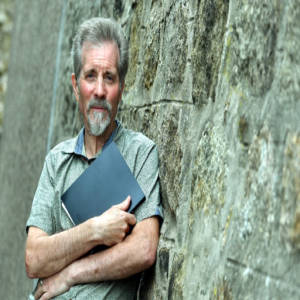Oxford Comma
This is a mini rant about the English language. This sign is one I am not too happy with. " You are now entering a designated area." What does that mean? Designated area for what?
O.K. It is a building site, so it should be a designated safety area, or something akin. The area has to designated as something.
English is such a great, variable and indeed, flexible language. I don't even mind text speak, as it is just the evolution of the language. back in Shakespeare's day there was only around 3,000 words in the vocabulary. Now?
There is no single sensible answer to this question. It's impossible to count the number of words in a language, because it's so hard to decide what actually counts as a word. Is dog one word, or two (a noun meaning 'a kind of animal', and a verb meaning 'to follow persistently')? If we count it as two, then do we count inflections separately too (e.g. dogs = plural noun, dogs = present tense of the verb). Is dog-tired a word, or just two other words joined together? Is hot dog really two words, since it might also be written as hot-dog or even hotdog?
It's also difficult to decide what counts as 'English'. What about medical and scientific terms? Latin words used in law, French words used in cooking, German words used in academic writing, Japanese words used in martial arts? Do you count Scots dialect? Teenage slang? Abbreviations?
The Second Edition of the 20-volume Oxford English Dictionary contains full entries for 171,476 words in current use, and 47,156 obsolete words. To this may be added around 9,500 derivative words included as subentries. Over half of these words are nouns, about a quarter adjectives, and about a seventh verbs; the rest is made up of exclamations, conjunctions, prepositions, suffixes, etc. And these figures don't take account of entries with senses for different word classes (such as noun and adjective).
This suggests that there are, at the very least, a quarter of a million distinct English words, excluding inflections, and words from technical and regional vocabulary not covered by the OED, or words not yet added to the published dictionary, of which perhaps 20 per cent are no longer in current use. If distinct senses were counted, the total would probably approach three quarters of a million.
How many of you know what an Oxfod Comma is?
Well, if you make a list, you put a comma after each item in the list, when you get to the end of the list, and you have only one item to add, we were all taught to just put, and, but the original proper way was to put a comma before the and. Now you know,The Oxford Comma
- 0
- 0
- Apple iPhone 4
- f/2.8
- 4mm
- 80

Comments
Sign in or get an account to comment.


